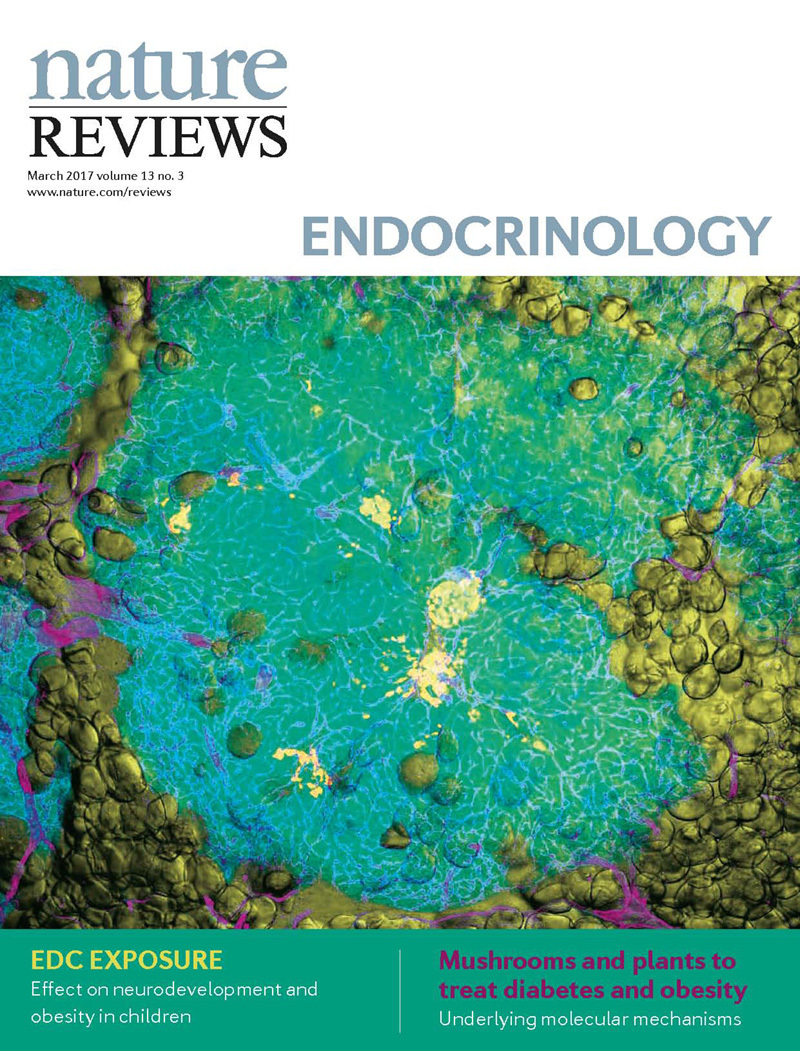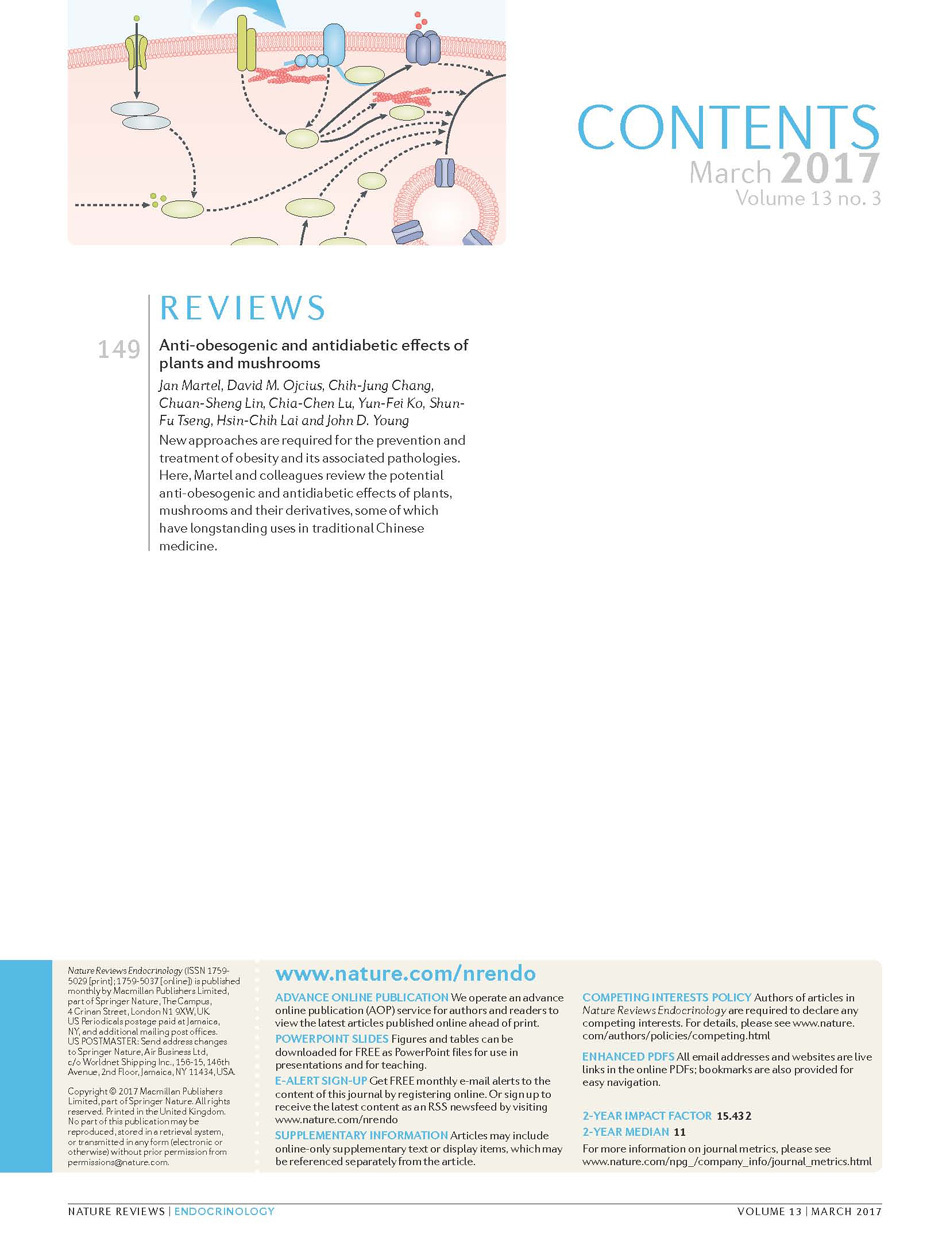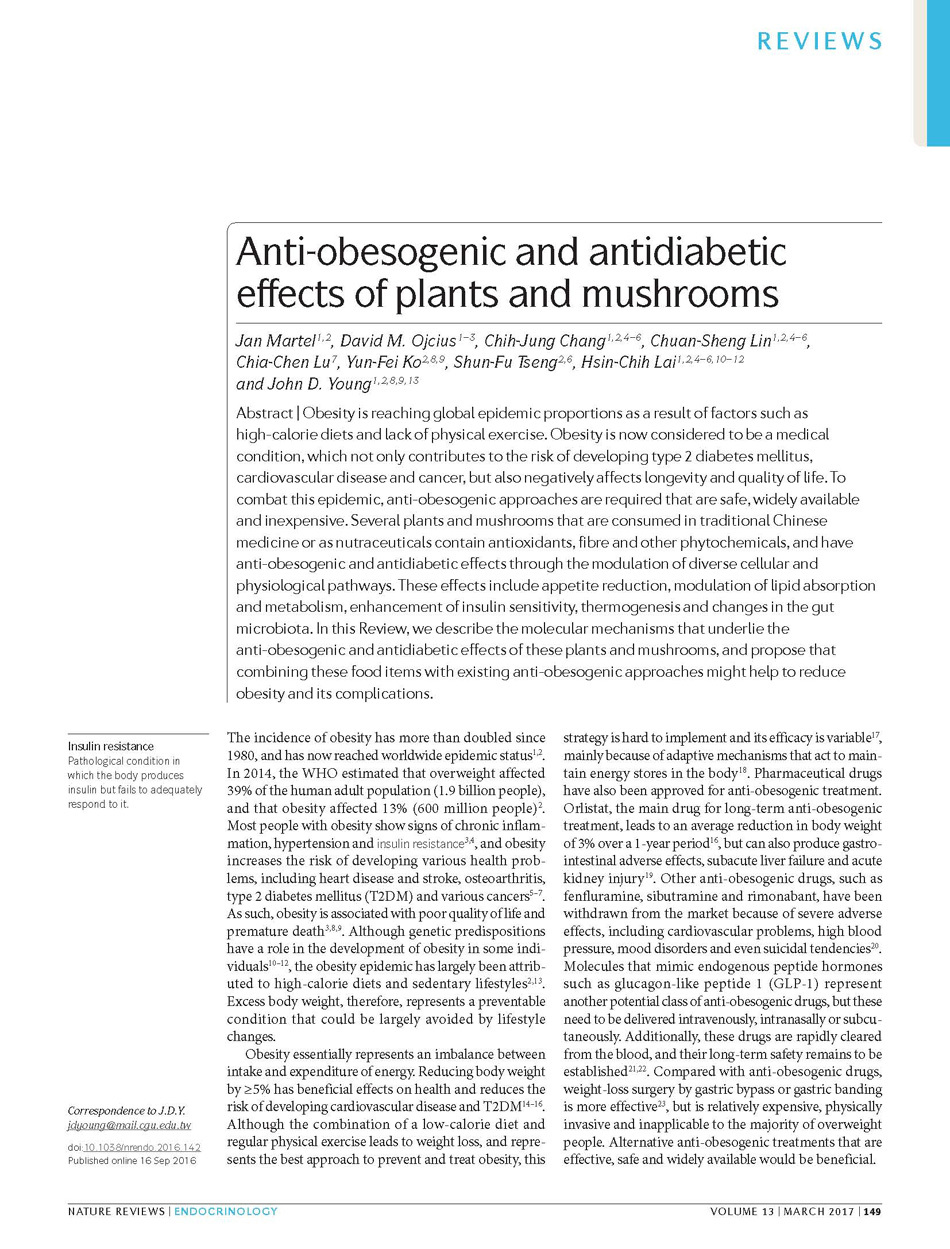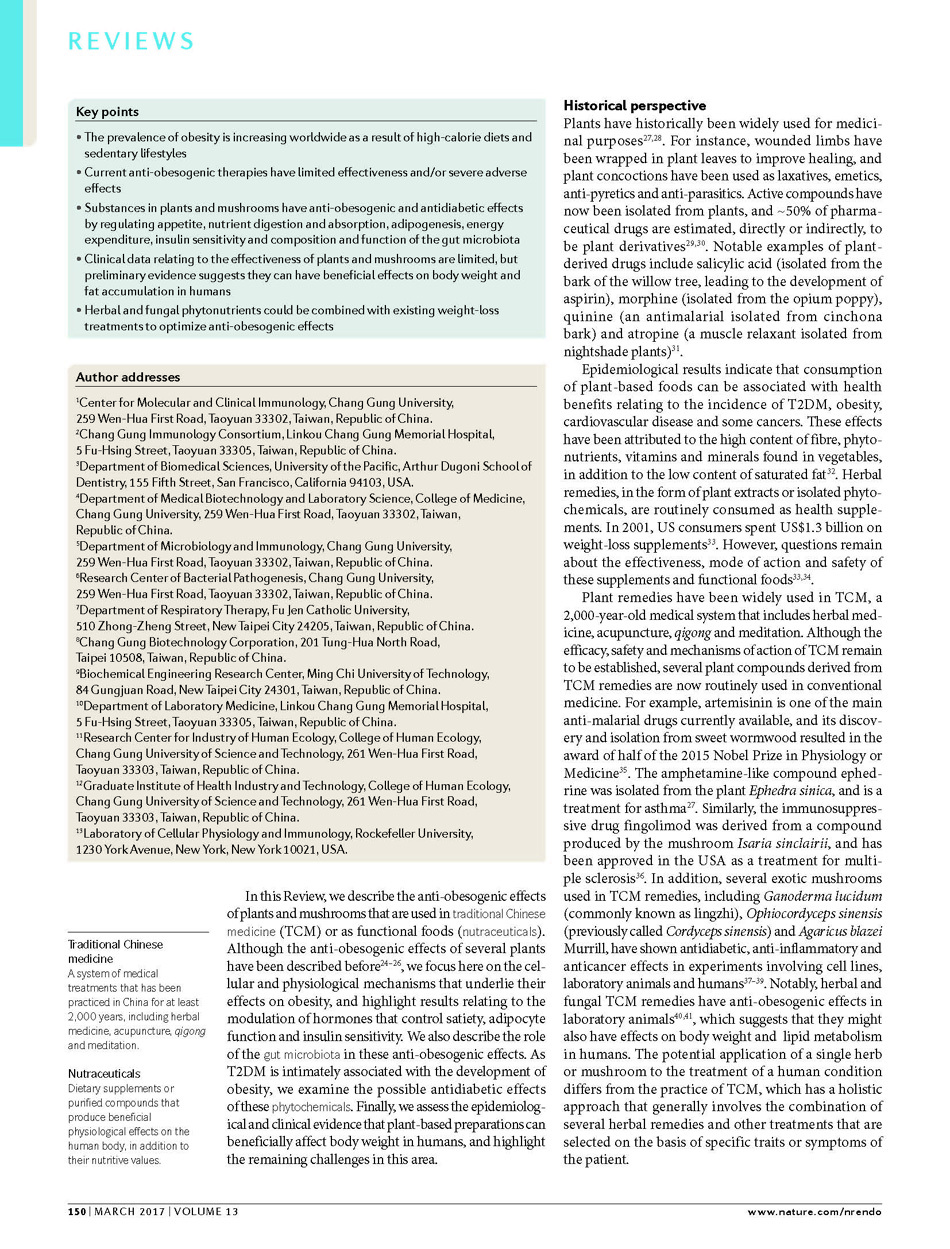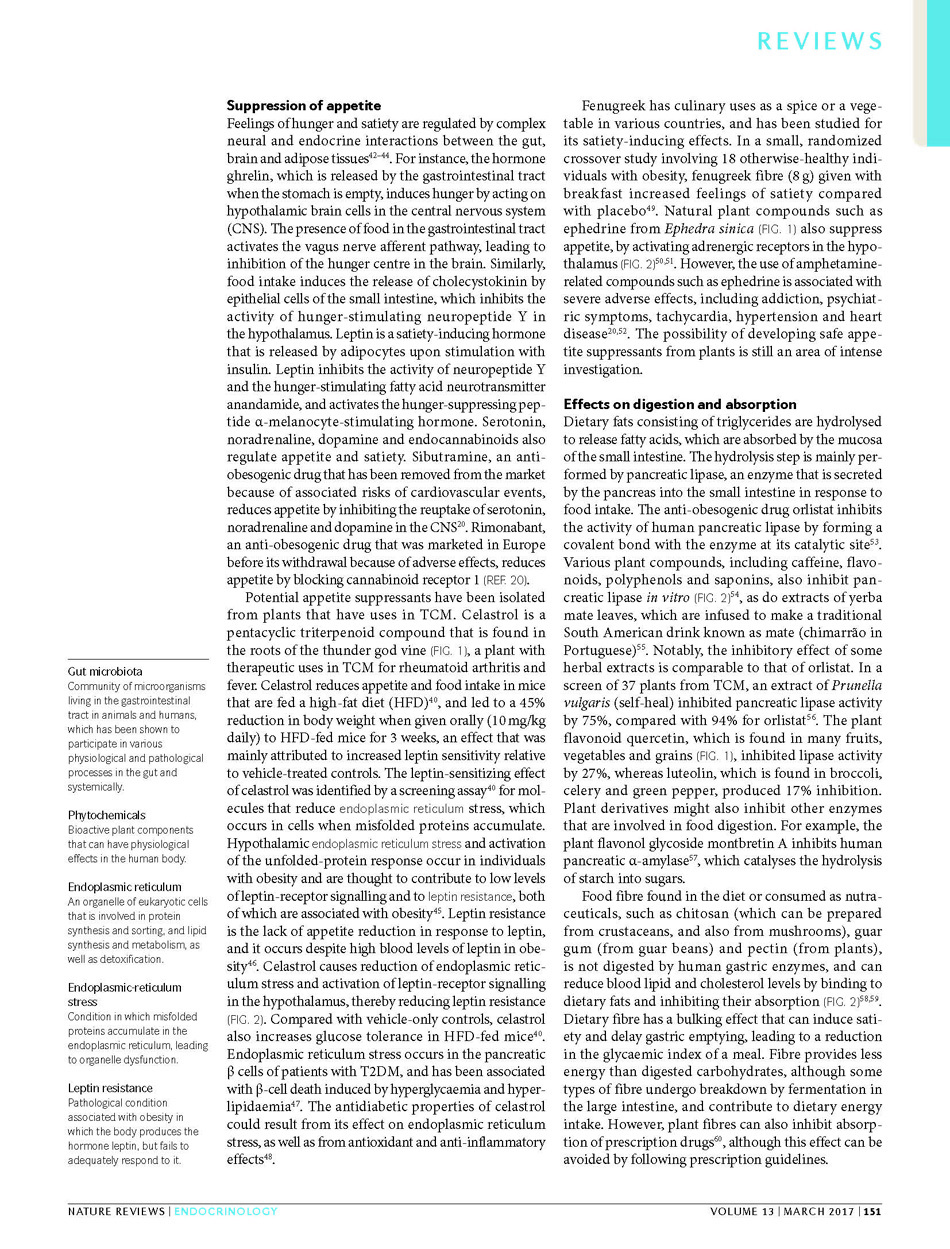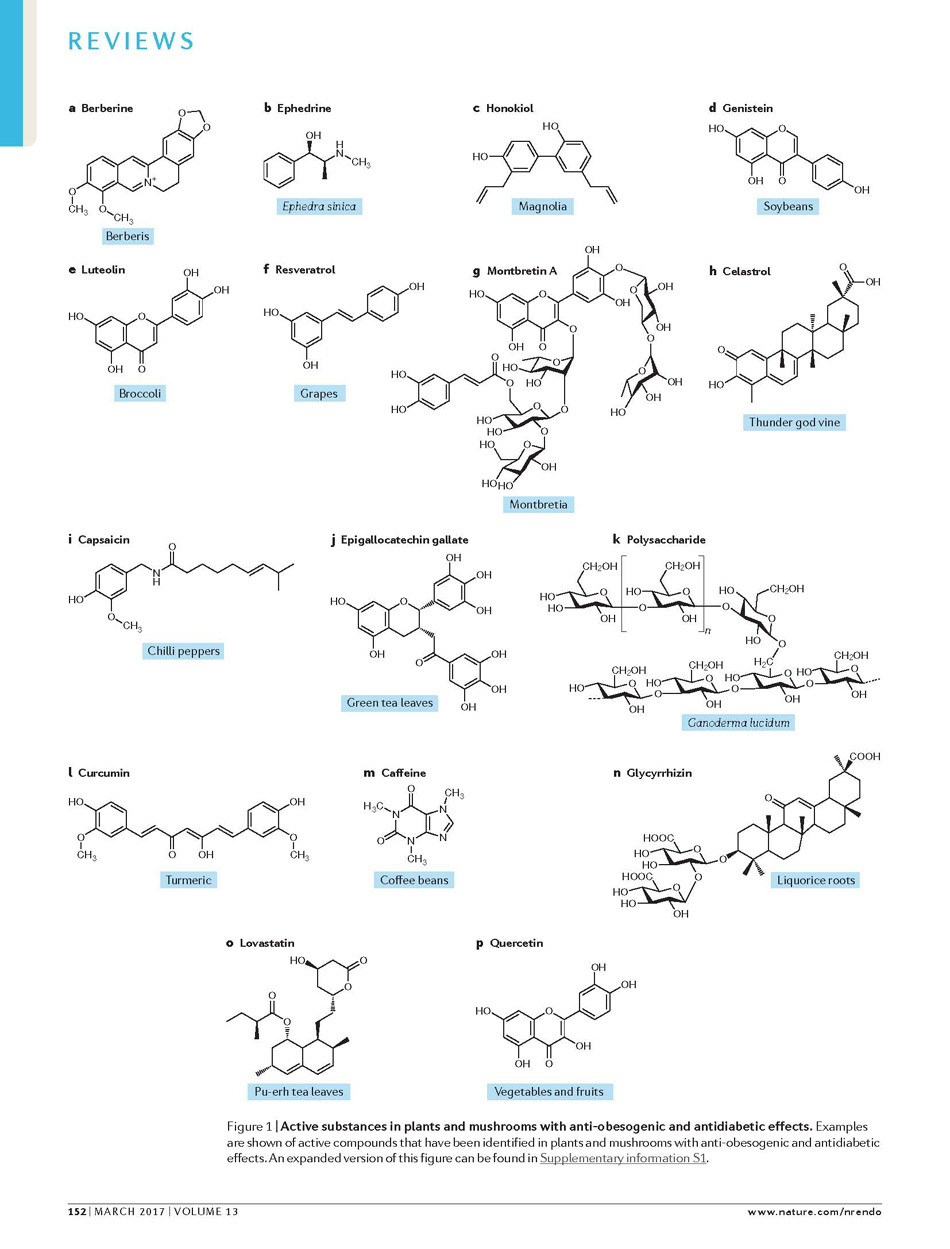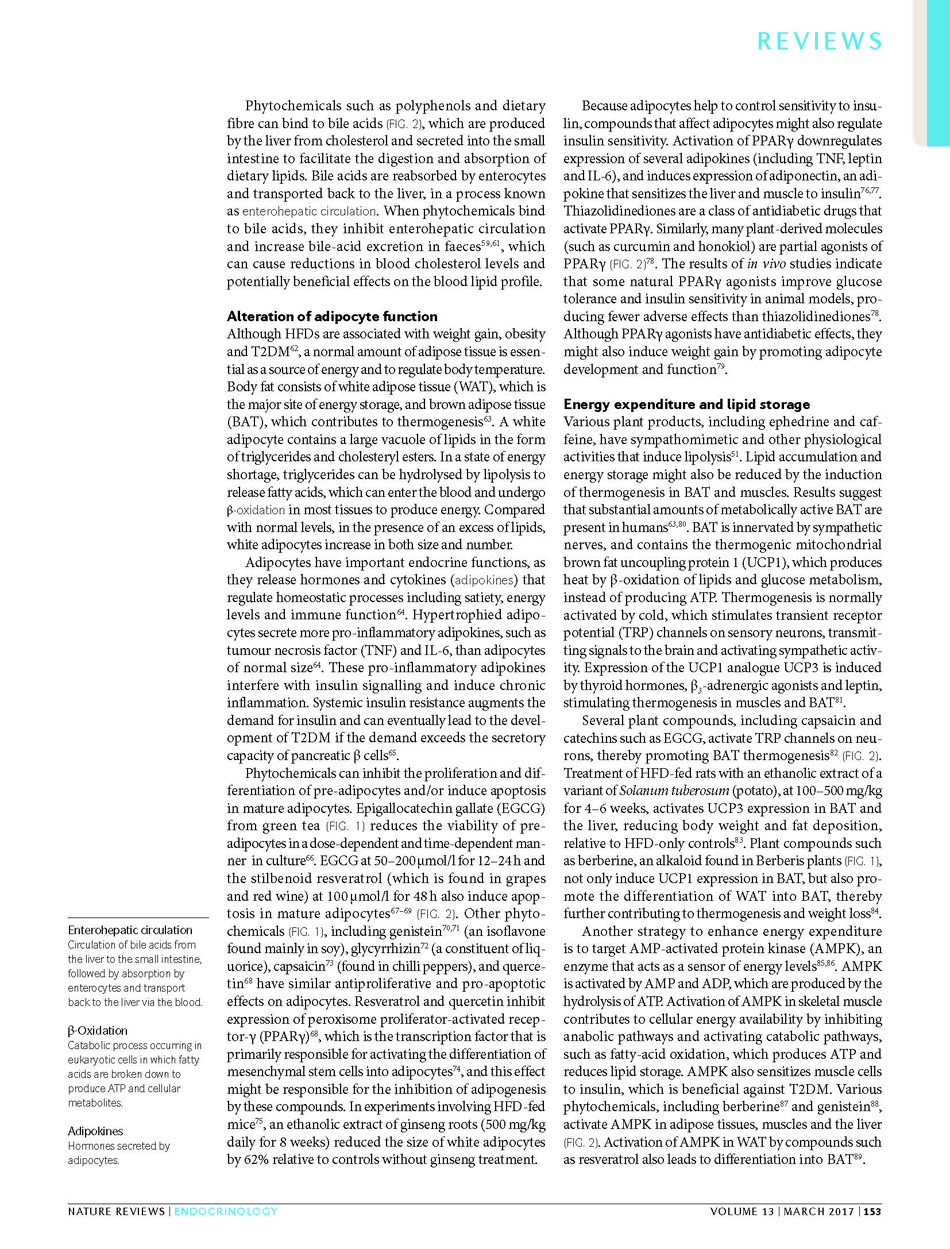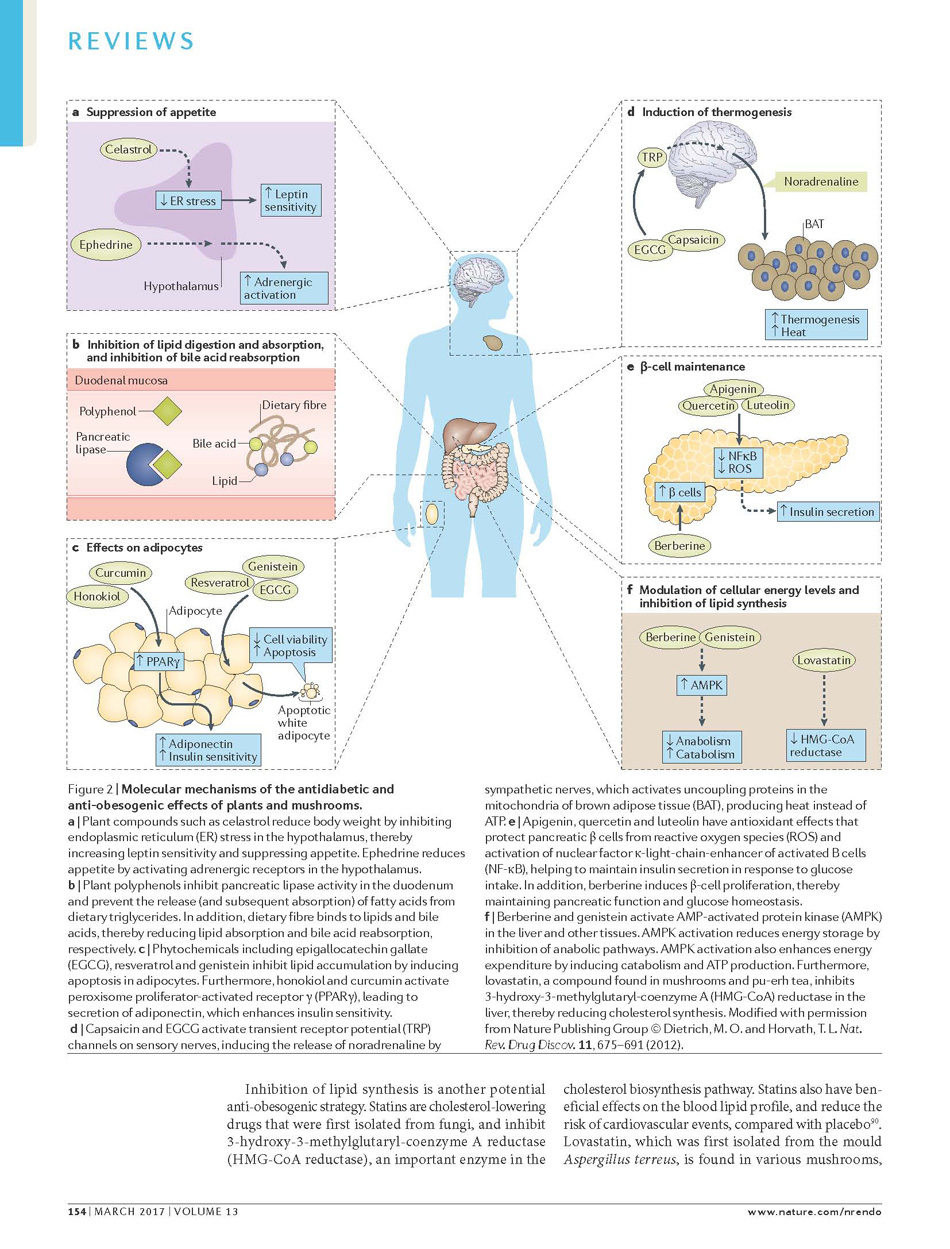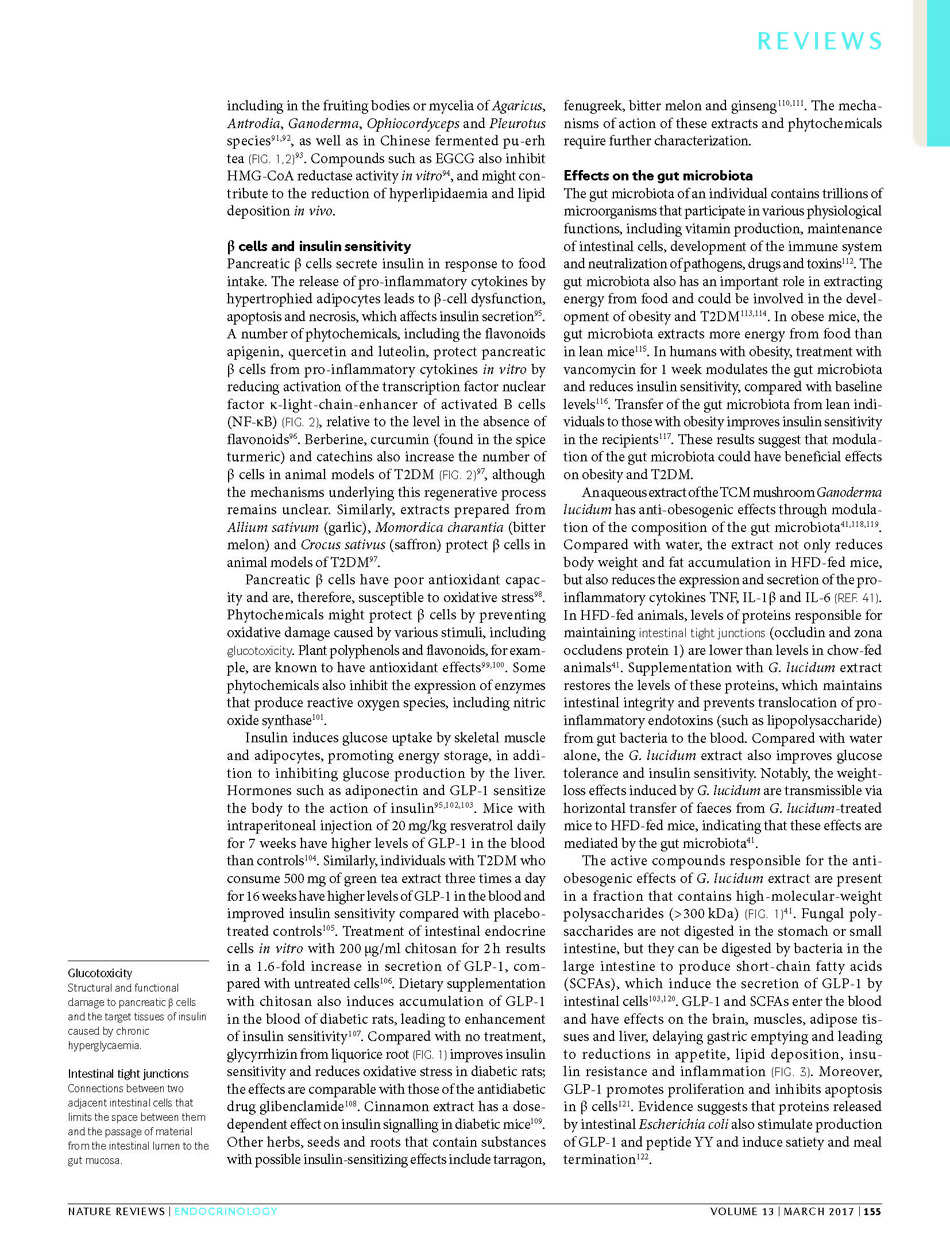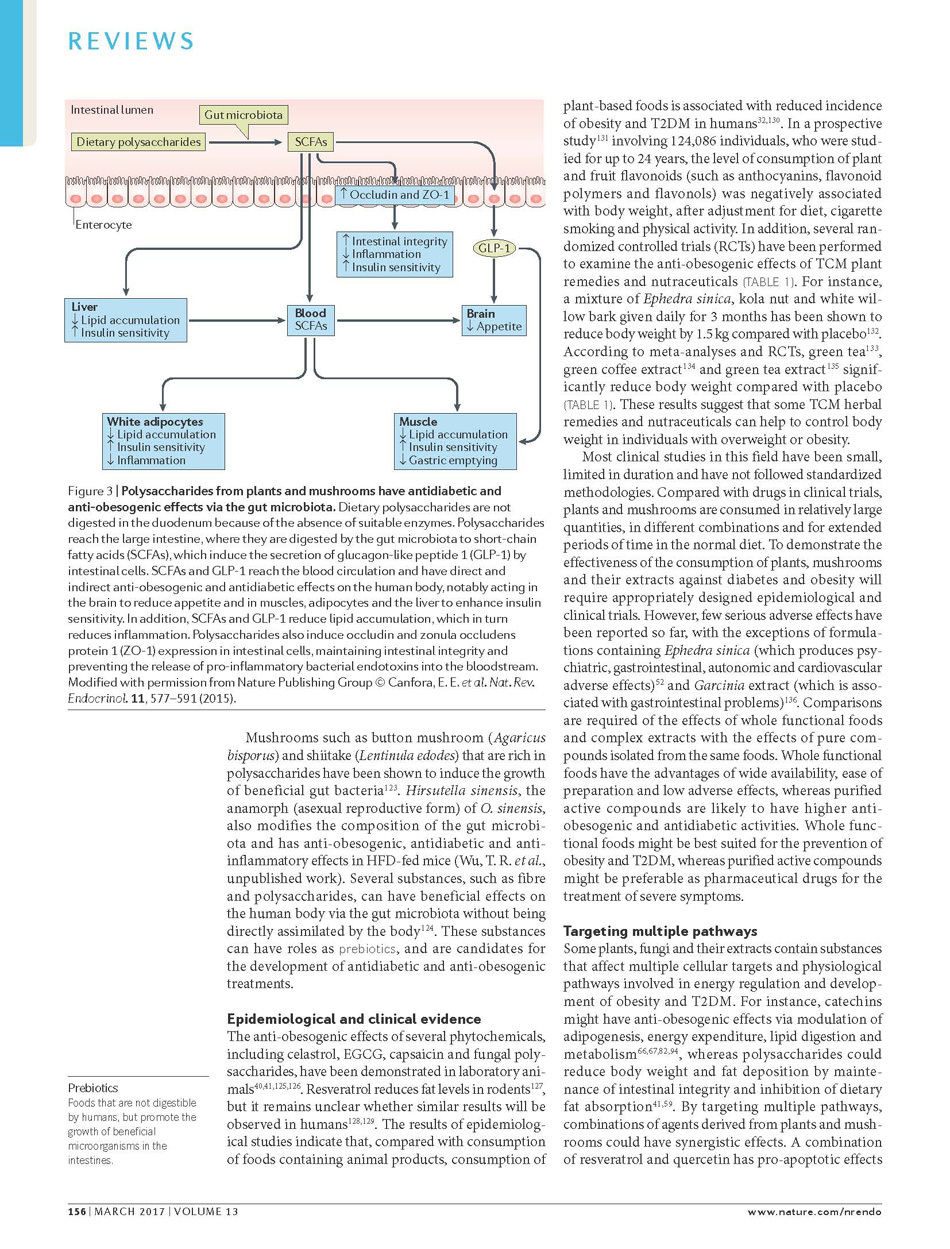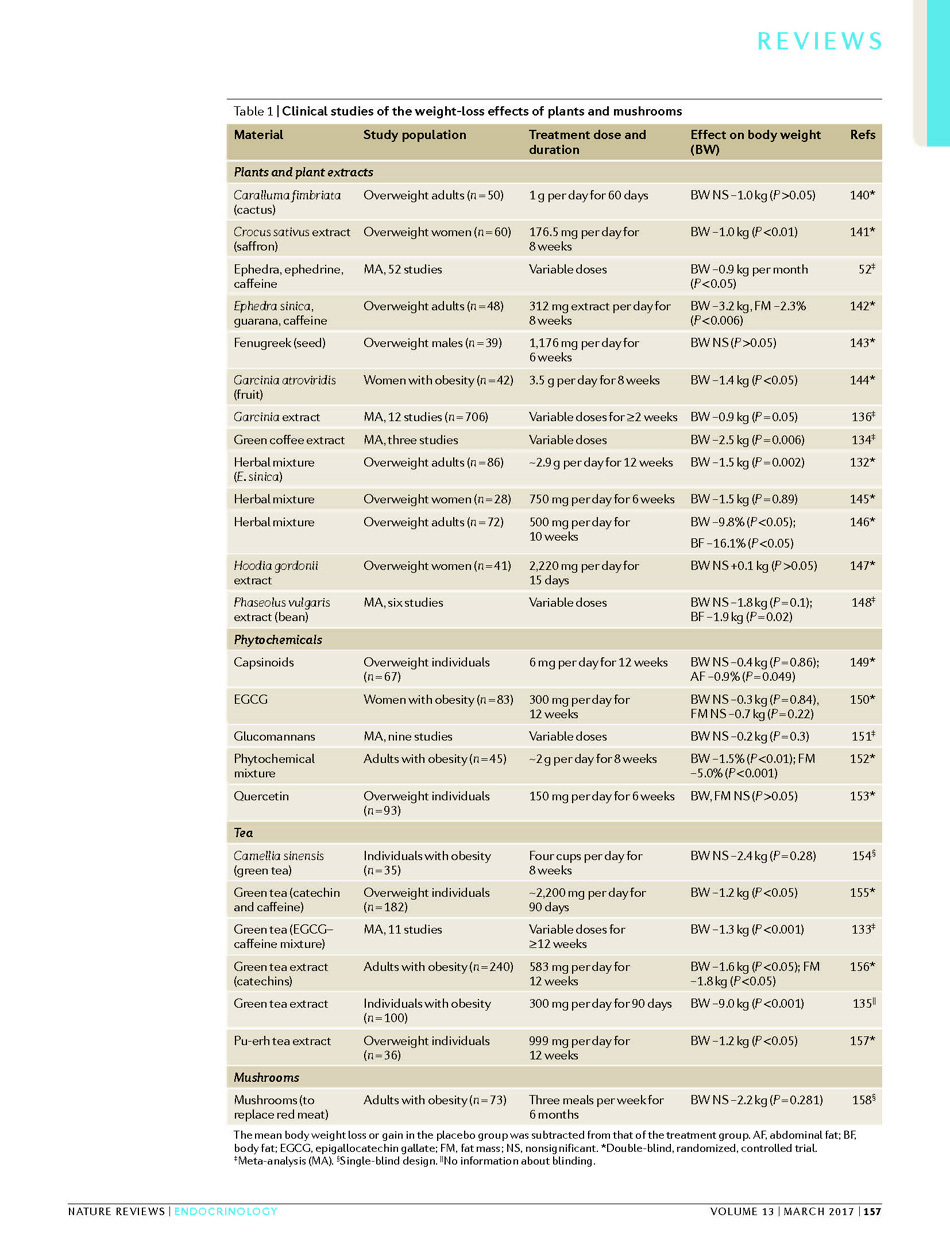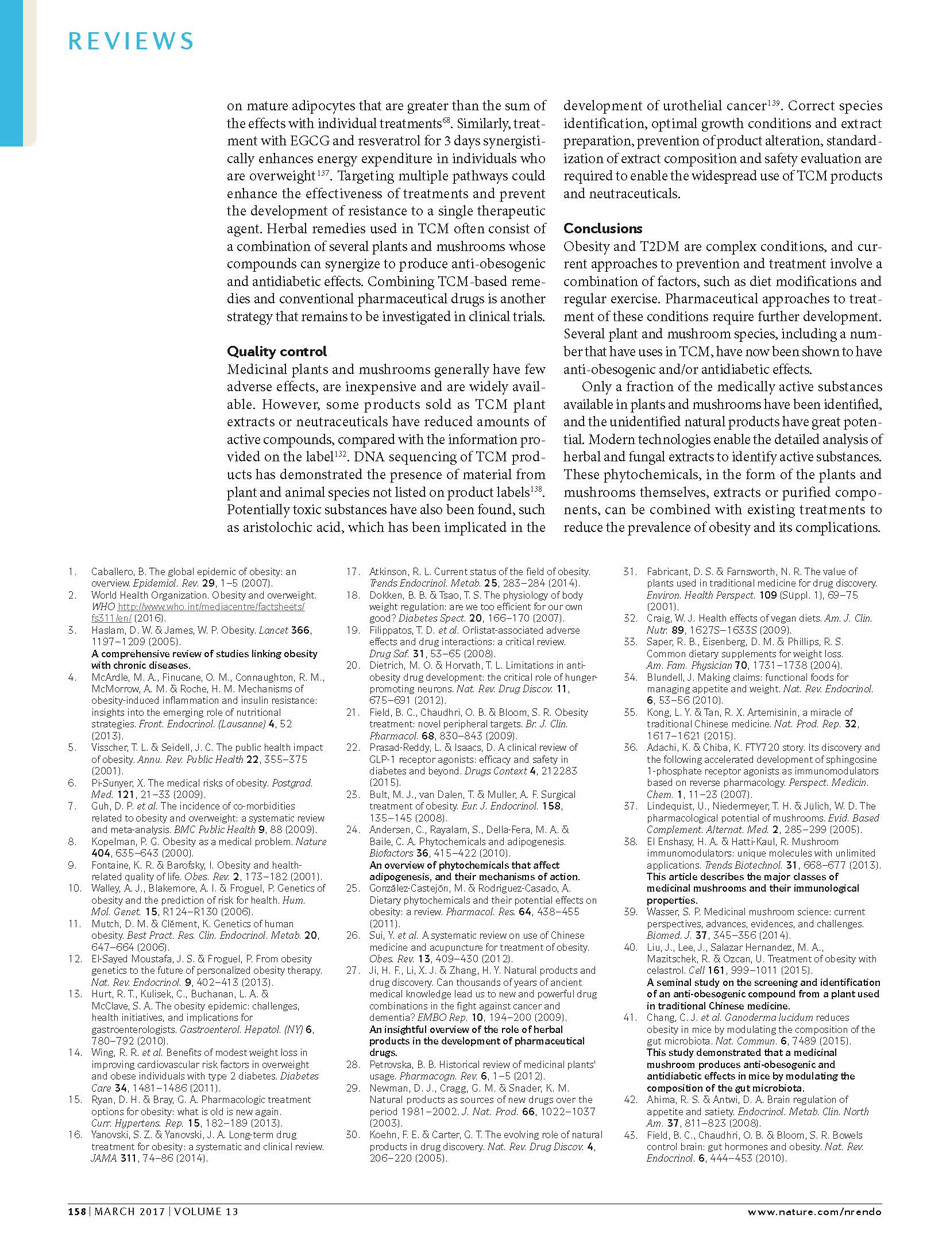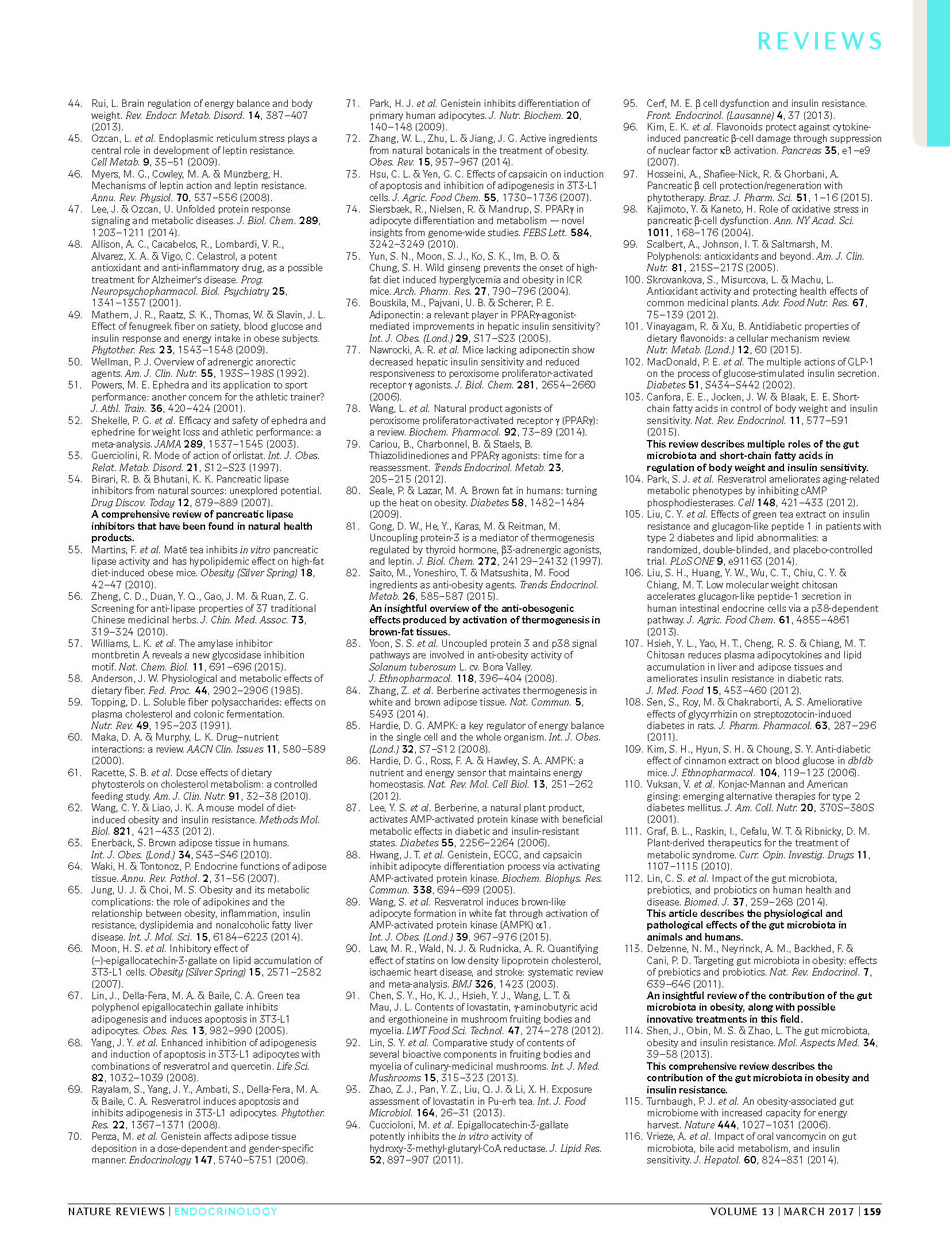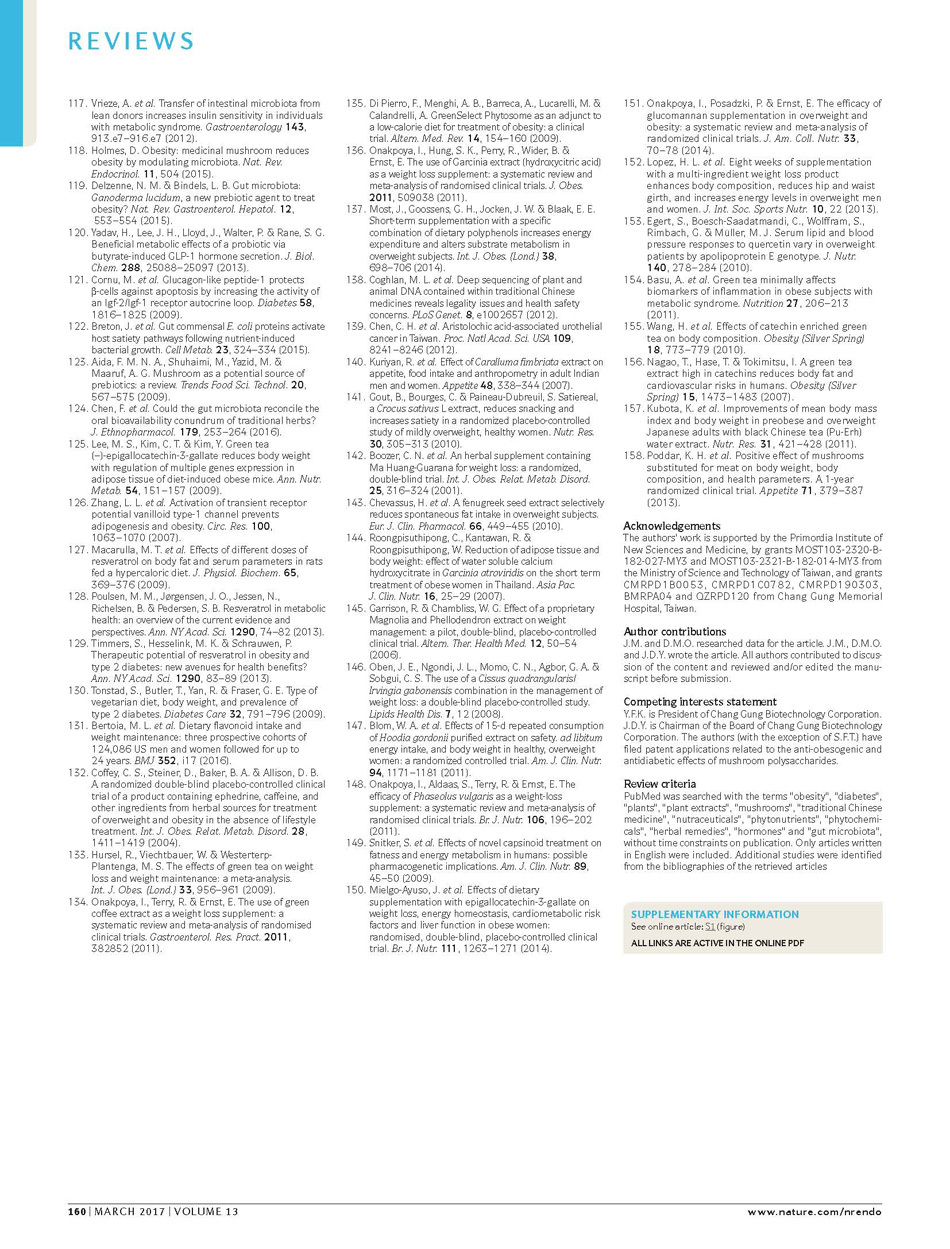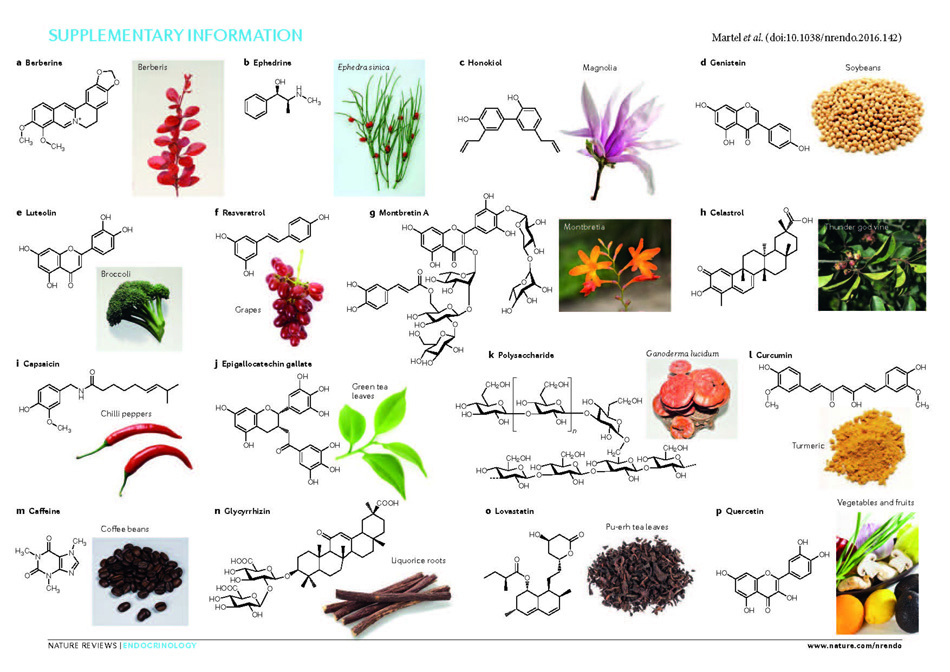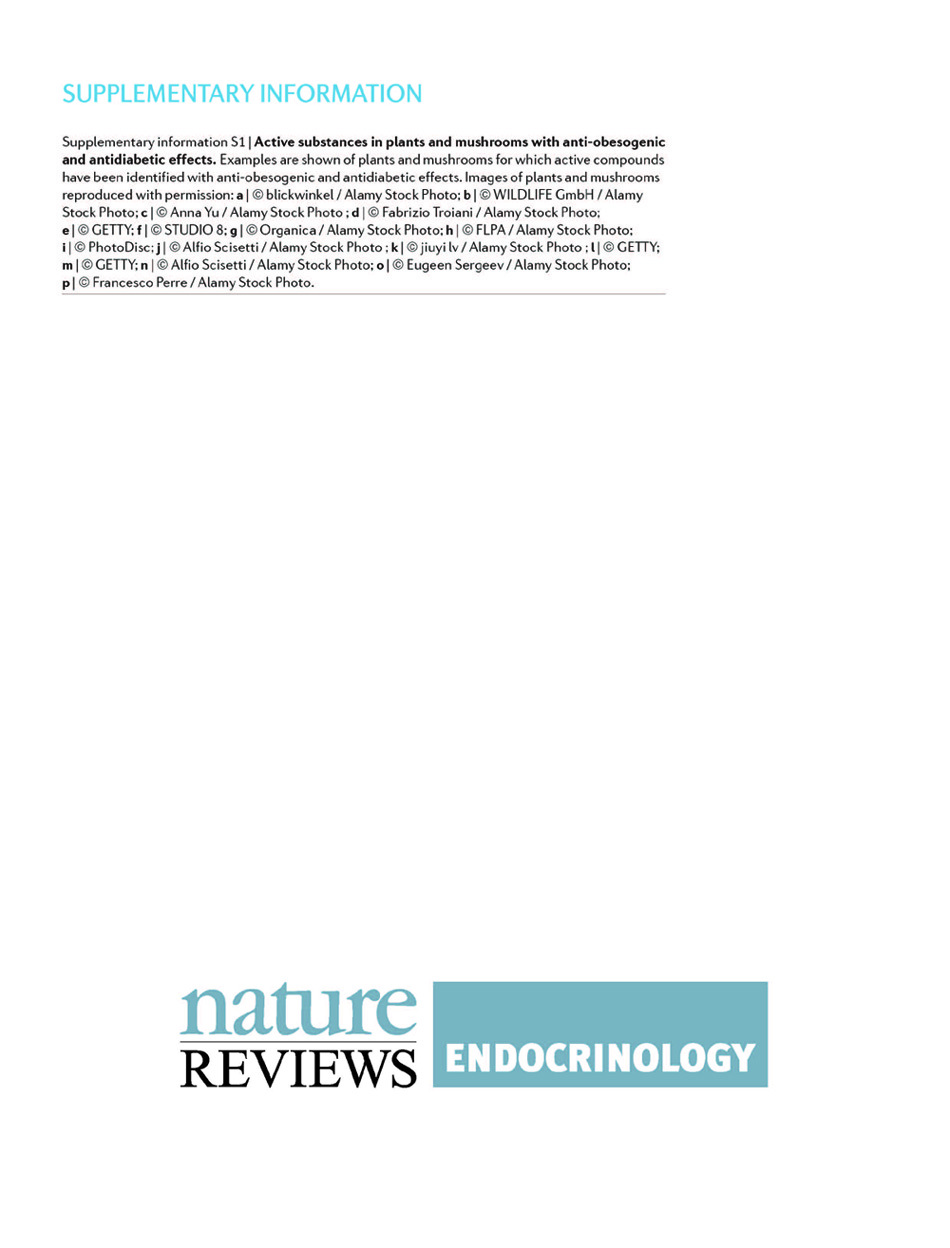Dr. John D. Young’s Research Team Makes the Cover of Nature Reviews Endocrinology
Dr. John D. Young, the Chairman of the University, has led a group of researchers to explore the molecular mechanisms that underlie the anti-obesogenic and antidiabetic effects of plants and mushrooms. The team consists of Professor Hsin-Chih Lai of Chang Gung University, Professor David M. Ojcius of University of the Pacific (California, USA) and currently Visiting Professor in Chang Gung University, Postdoctoral Fellow Jan Martel of Chang Gung University, Distinguished Professor Yun-Fei Ko of Ming Chi University of Technology, and other professionals. Their paper titled “Anti-obesogenic and antidiabetic effects of plants and mushrooms” was published in March 2017 in Nature Reviews Endocrinology, a series of the famous journal Nature. They propose that combining plants and mushrooms with existing anti-obesogenic methods might help to reduce obesity and its complications.
In the past two years, this team of researchers has published four papers in Scientific Reports. These articles cover a wide range of topics, such as the anti-inflammatory effect of Cordyceps sinensis in the lung, the development process of bacterial biofilms as well as the generation of the human kidney and the nanoparticles in surface water. These studies reflect the central ideas of Dr. Young—the use of herbs and mushrooms as a bridge between Eastern and Western approaches to medicine, and the use of nanoparticles to explore the gray area between life and non-life so as to establish brand-new nanopathology and nanomedicine.
Hirsutella sinensis attenuates pulmonary inflammation (2015) Scientific Reports 1.pdf
Wong 2015 Detection of mineralo-organic nanoparticles in human kidneys.pdf
Wu 2016 Formation of mineralo-organic particles in natural surface water [1] 1.pdf
Swarming and Biofilm (2017) Scientific Reports 1.pdf
